I never knew what it was that pursued me, this dark feeling that wouldn’t leave me in peace. My job in a lawyers’ office had become routine. Wake up, go to the office, stay there up to 10 hours, if there was a lot to do. Next, go to sleep. I made a lot of money, for sure, but my life had been put on pause. I needed an urgent change or some kind of answer.
“Peru is crazy”
My cousin, Christian, was traveling in Peru and, as soon as he got back, he took me out for a beer because he wanted to tell me about his trip. “I don’t know why I thought so much about you while I was in Peru. It was crazy,” he told me. He showed me pictures of a country so different from the United States and, before saying goodbye, already a little tipsy, he said, “Jhon, you don’t look well. Maybe you deserve a vacation.” I decided to travel to Peru soon. I talked to my boss and explained the situation.
The company owed me 15 vacation days, so that was no problem. I was so done with everything; with every minute that passed, I became more convinced of that. Things had gone normally – tours, beers, archeological sites, etc. I spent some time in Lima and Arequipa and then arrived to Cusco. Nothing had changed. This sensation of discomfort and, to a point, sadness hadn’t left me, yet. Maybe coming to Peru wasn’t going to serve for any purpose, after all. I didn’t know what to do.
The adventure begins
Without traffic, the van drives easily through the ancient roads of Cusco’s historical center. It’s dark. It’s 4:00 AM, and I’m sleepy. One by one, we pick up the passengers that will share the tour with me. It’s rained a little. The cobblestone streets of this archaic city reflect the streetlights which, little by little, go off. I’m the only traveller who speaks English. The majority look younger than me. I think they all speak Spanish.
I’ve slept really deeply. I woke up 3 times during the trip. The first time, it was already daytime, but out the window I could only see fog. The second time, I saw a deep, very green valley from the top of some mountain. Lastly, I woke up in the town of Mollepata. There, we paid 10 soles for entrance to the Salkantay Trek. In this moment, I focused for the first time on our guide. He had a pair of golden rings and a hat with a beautiful, traditional cloth band around it. Later, I found out that besides speaking Spanish, he spoke Quechua, English and Portuguese, too.
A little later, we had breakfast. The guide took advantage of the long table we shared to present himself and talk to us. His name was Alex, and, just as I’d thought, I was the only person from the United States. The others were from Mexico, Argentina and Brazil. As soon as we got back on the van, Alex made a joke in English, let out a laugh, and then, automatically, I laughed too. Now I don’t even remember what the joke was about, but this laughter so natural and deep undid something inside of me.
The way I saw the mountains
As soon as I opened my eyes, I saw a gigantic snowy mountain face in front of me. A giant face that stared at me through the van’s window. Our guide, Alex, invited us to get out of the van. He didn’t stop smiling as he spoke and moved his fingers, adorned by his golden rings. He animated us. I rub my eyes to wake up and look, again, at the mountain in front of me. Its enormity is real. I’m the only one in the group that’s rented rubber-tipped aluminum trekking poles. The guys from Brazil look for some sticks to use starting out.
We make it to Soraypampa. In the middle of a glacier valley, I’ve seen a clay hotel that looks luxurious and comfortable. There are several campsites being built and others already installed: transparent igloos, domes covered in plastic with huge windows, shacks with straw-covered roofs. It’s also possible to find a few commercial establishments offering basically anything you could need. Clouds appear after Alex told us the mountains’ names: Humantay and Salkantay.
We’ve started our trek. I can’t help feeling admiration of the height and presence of the mountains that are on every side. I feel they’re giant beings that are going to talk to us at any moment. There’s a river that, although small, echos along the trail as if carrying with it the words of the snow. I also observe, on my right, small streams of water coming from the tops of the mountains. We’re going uphill, and the hike becomes a little difficult.
The air is thin, and it’s cold out, but I’m sweating from the effort. I’m afraid I’ll get a cold. I don’t know how long we’ve been walking, but we get to a flat area that invites us to rest. We all stop, take off our backpacks and sit down. The Argentinian girl eats some of the snacks the agency had given us in a cloth bag. I do the same and am very thankful for the food.
My local friends
Soon, we hear the familiar buzz of a flying drone. It’s hard to spot the drone flown by other trekkers a few meters away from our group. They’re 3 young people and look Peruvian. Apart from the drone, they have cameras and a tripod. Alex says hello to them, converses a little and, when we start hiking again, it’s behind them. “They want to take some shots of Salkantay, but the weather isn’t allowing it,” Alex tells me in English. “They didn’t ask permission from the mountain before starting to hike,” he decides.
Further ahead, we’ve seen 3 funny animals. Alex tells us they’re called “vizcachas” and they jump between the rocks with their furry tails as if they want the tourists to take their picture. They’re a fun mixture of squirrel and rabbit. Taking advantage while my group has a good time looking for the vizcachas, I decide to get ahead a little and accompany the local hikers.
The vegetation, from one minute to the next, changes its tone and loses its greenness. The cold intensifies. It was a bad idea to follow the guys and leave my group. We go down the wrong path several times. I was about to lose my cool, but they looked so relaxed. I looked behind me. There was no trace of my group.

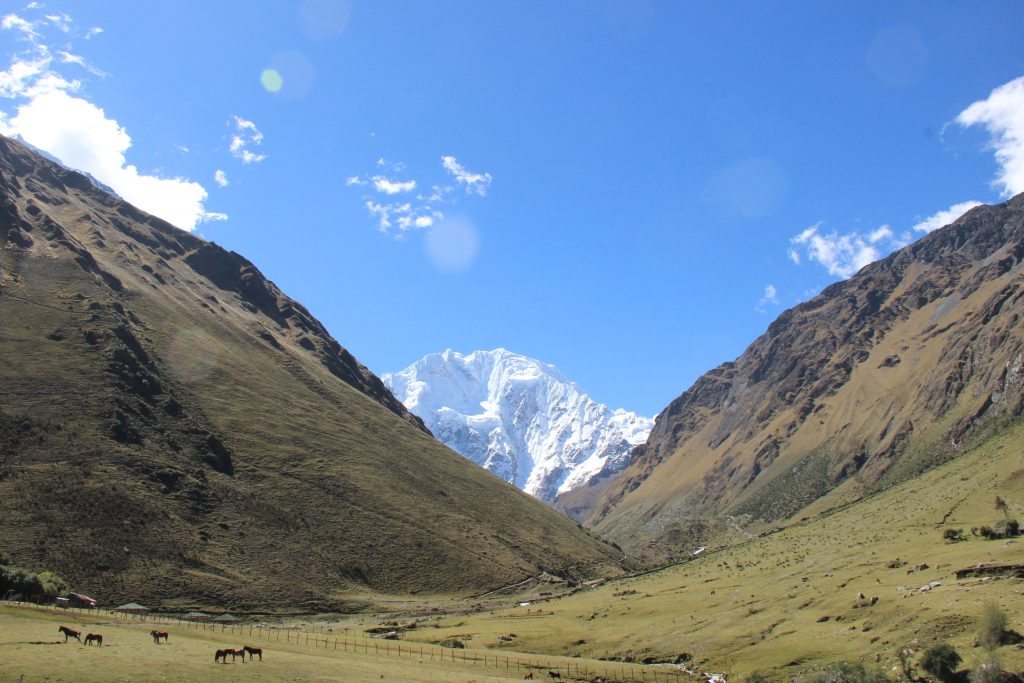
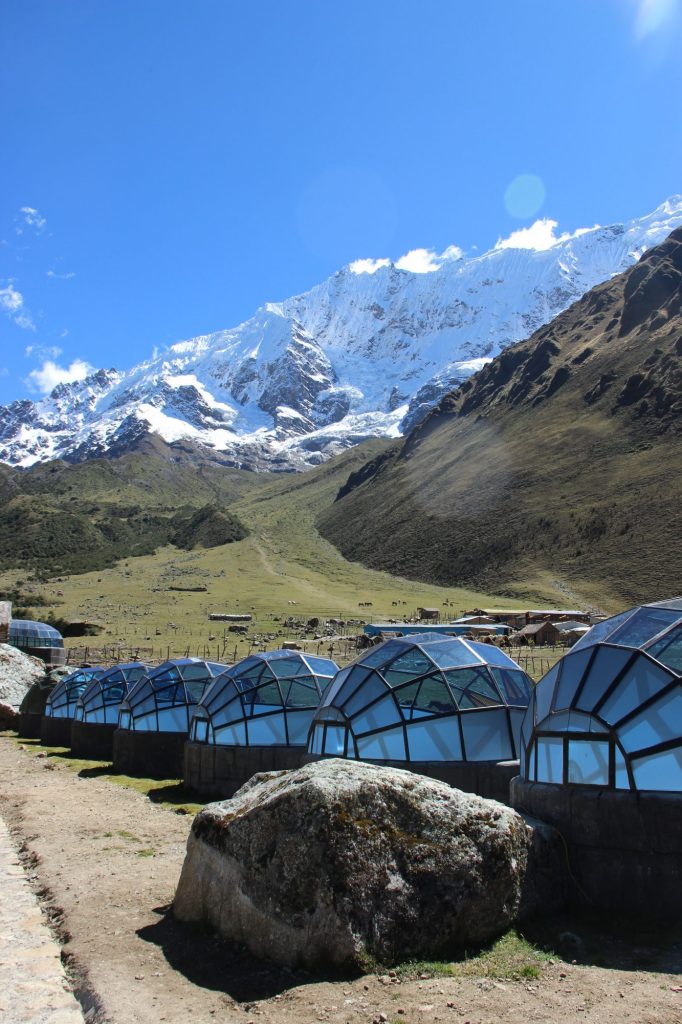
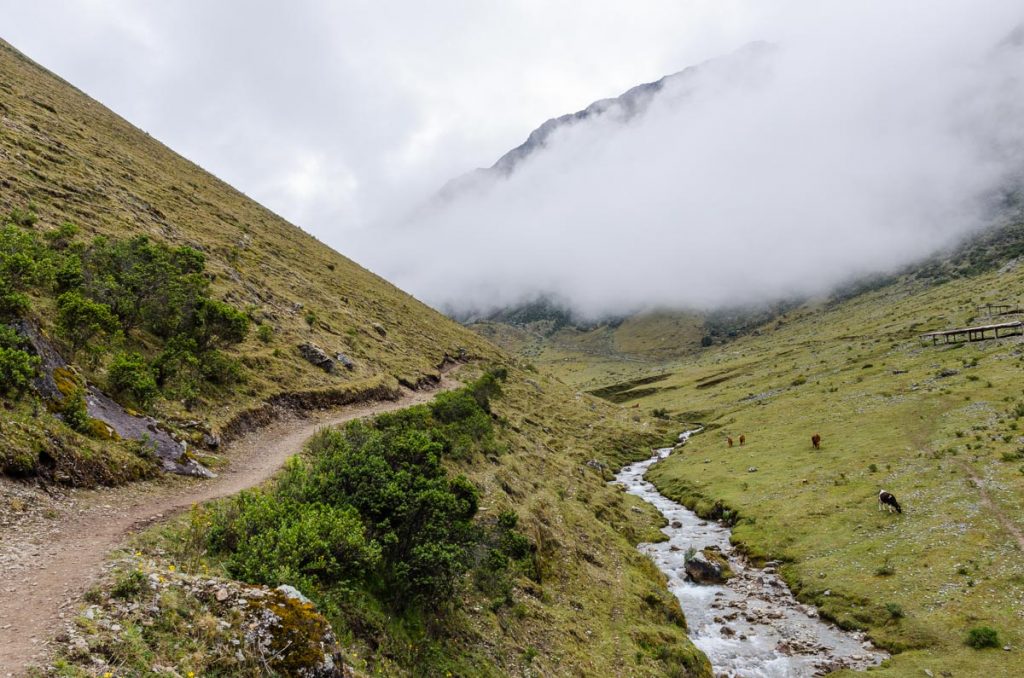
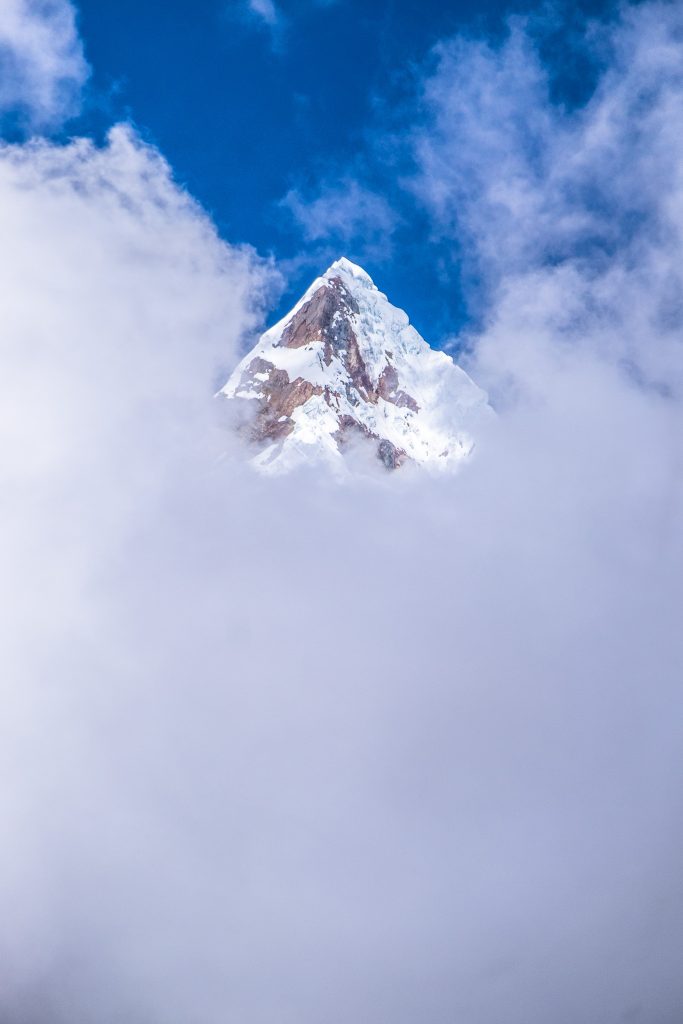
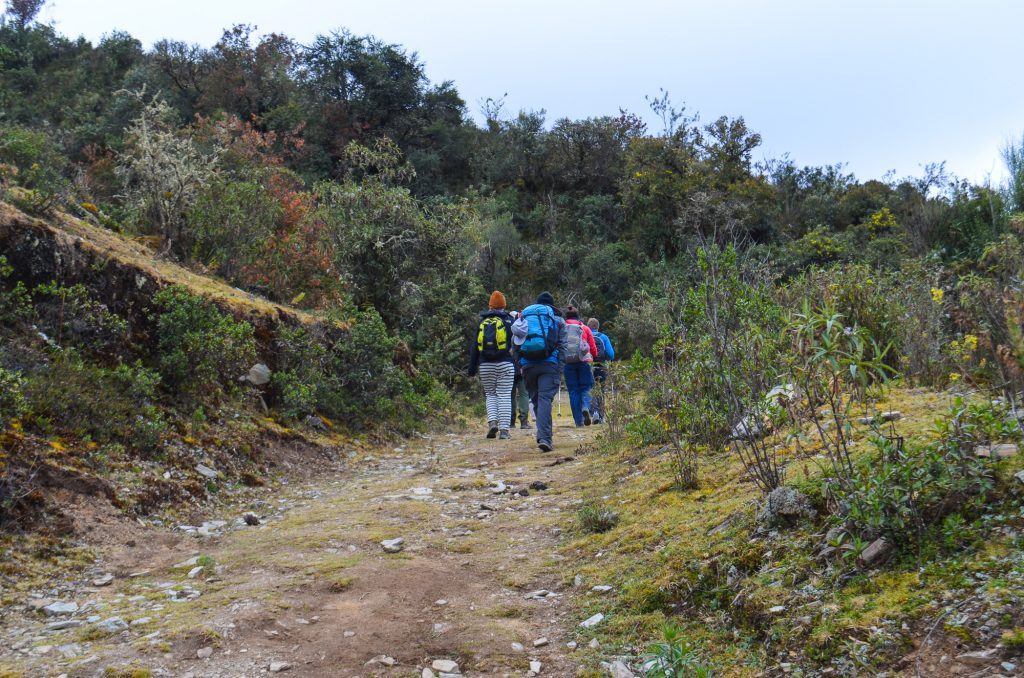
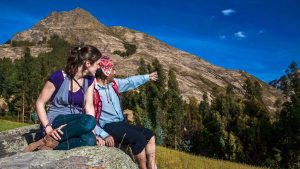
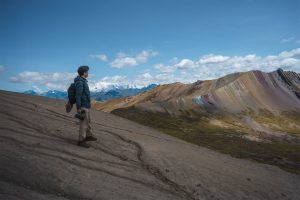
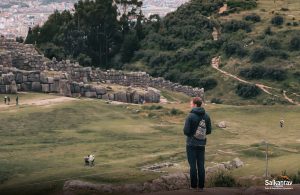
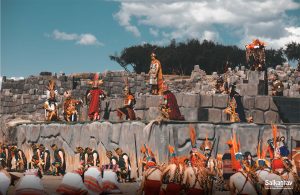


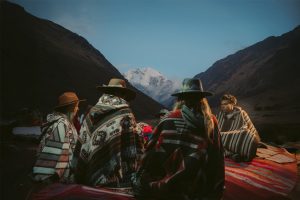
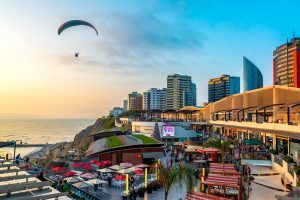

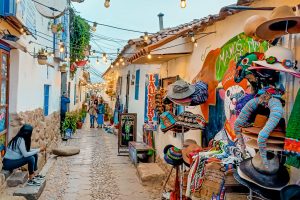
Leave A Reply